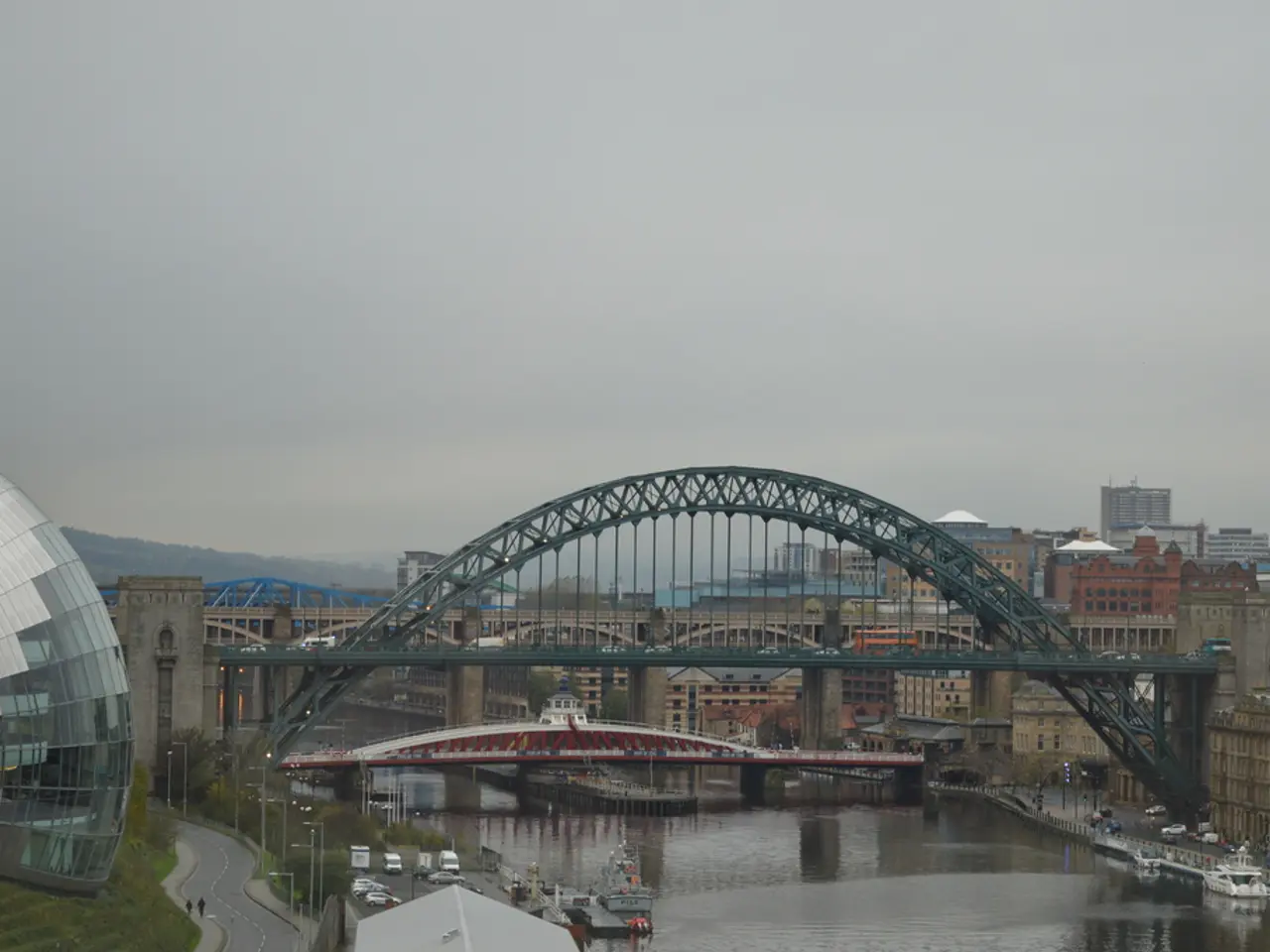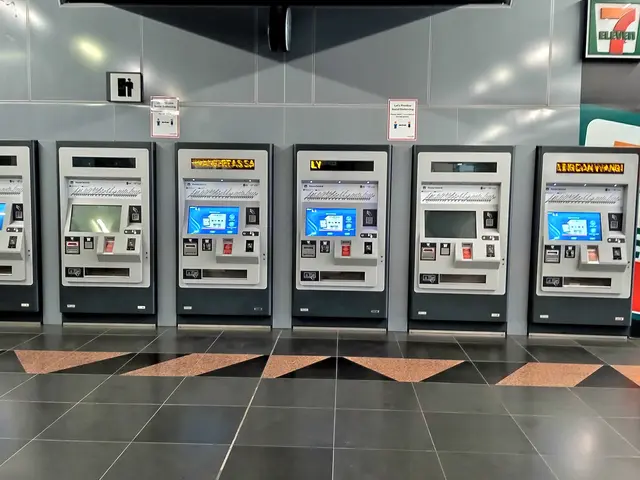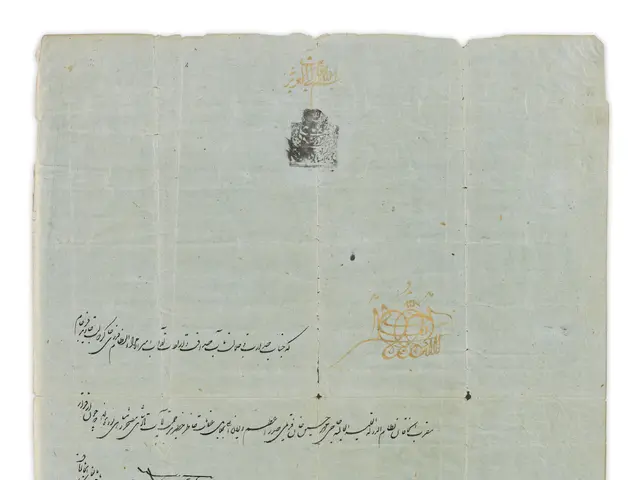Government's Deregulation Initiative Welcomed, Yet Vigilance Remains Necessary
In a significant move, the Prime Minister of India, Narendra Modi, has announced the establishment of a deregulation commission, aiming to reduce the role of the state in governance and promote ease of doing business. This decision comes after Modi's return from the United States, where significant changes are underway under the new presidency.
The entrepreneurial spirit of Indian citizens has seen a shift due to the establishment of the deregulation commission. Gone are the days of strict regulation, as every government since the 1980s has systematically eased restrictions. The commission is intended to build on these efforts, with the goal of making it easier for businesses to thrive in India.
However, it is important to remember that institutions in India have matured over the decades and can stand on their own. The role of the bureaucrat in reviewing every application has diminished with the introduction of the deregulation commission, but this does not mean that the need for governance has disappeared. India continues to provide nutritional support to 80 crore people, suggesting a need for more governance, not less.
The licence permit raj, a necessary part of governance in India's early years due to its diverse nature, still has remnants in the bureaucracy. Technology has come to India as a great leveller and disruptor, and it can help government officials maintain non-invasive regulatory oversight. For instance, the government under Prime Minister Modi established the "Department for Promotion of Industry and Internal Trade" (DPIIT) to further reduce regulation and promote ease of doing business.
While the call for less government interference in society is different from doing away with old regulatory mechanisms, it is crucial to approach major changes with sensitivity. Mahatma Gandhi's words, "recall the face of the poorest and the weakest man whom you may have seen", are worth remembering while contemplating these changes. The realization of the potential of technology for regulatory purposes began in the 1980s, and it is essential to ensure that these advancements are used to benefit all sections of society, not just the privileged few.
Planned development in India has borne fruit, though in a limited fashion. It is important to acknowledge the progress made while also recognising the areas that still require improvement. The licence permit raj had its own logic at a point in time, and it is essential to approach its phasing out with caution, ensuring that the benefits of deregulation are felt by all, not just the elite.
In conclusion, India's deregulation drive marks a new era for business and governance. It is a step towards a more efficient and effective system, but it is crucial to remember that the needs of the most vulnerable must always be considered. As India moves forward, it is hoped that the benefits of deregulation will be shared by all, and that the country will continue to progress and thrive.
Read also:
- Peptide YY (PYY): Exploring its Role in Appetite Suppression, Intestinal Health, and Cognitive Links
- Toddler Health: Rotavirus Signs, Origins, and Potential Complications
- Digestive issues and heart discomfort: Root causes and associated health conditions
- House Infernos: Deadly Hazards Surpassing the Flames







